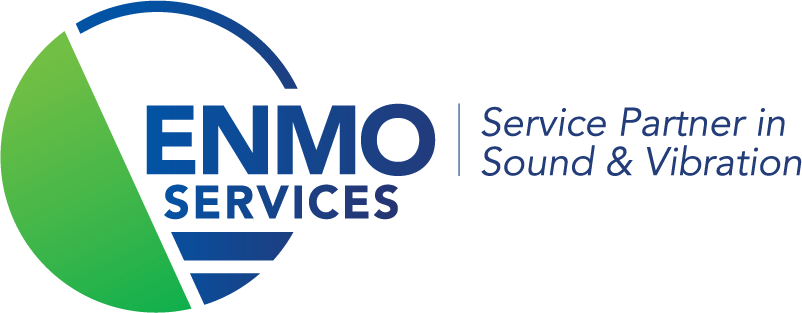Traceability is the property of a measurement result that allows it to be linked, through an uninterrupted chain of comparisons, to adjusted national or international standards, with associated known measurement uncertainties (VIM 2008).
Institutions that perform measurements are generally faced with the need to calibrate their equipment against measuring instruments with higher accuracy or against standards; these standards must, in turn, be verified through one or more calibrations against national or international standards. The traceability of measurement results is essential to ensure the validation and comparability of the results, as well as to indicate the level of associated measurement uncertainty.
Accreditation is a certificate issued by a third party concerning an institution that evaluates conformity, such as a laboratory, a certification body, or a testing agency. This certificate is granted by an accreditation body after a thorough audit of the institution for conformity assessment based on internationally recognized requirements. It provides formal proof of the competence of the institution performing specific conformity assessment tasks. Accreditation allows laboratories, testing agencies, and certification bodies to demonstrate both their technical competencies as well as their independence and impartiality.
The competence of personnel, traceability, and determination of measurement uncertainty are always guaranteed in accredited calibration laboratories. Therefore, calibrations are carried out with a very high degree of reliability, and customers can fully trust the certificates issued under accreditation. Non-accredited calibration bodies cannot provide this guarantee.
Source: Belac

 ▽
▽
 Français
Français
 Nederlands
Nederlands